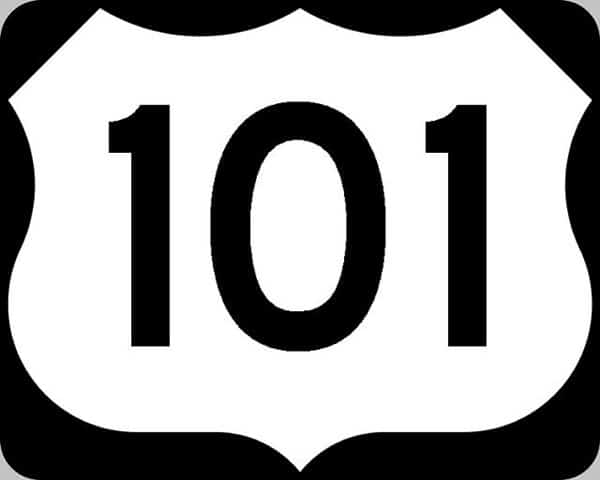In the wake of the June, 2014 Supreme Court decision in Alice Corp. Pty. Ltd. v. CLS Bank Int’l, and less dramatically in the wake of the Court’s 2012 decision in Mayo Collab. Servs. v. Prometheus Labs., Inc., the patent ecosystem has been rapidly evolving. One area where this evolution has been especially dramatic is with respect to 35 U.S.C. § 101. Section 101 lies at the heart of patent law. It states:
Whoever invents or discovers any new and useful process, machine, manufacture, or composition of matter, or any new and useful improvement thereof, may obtain a patent therefor, subject to the conditions and requirements of this title.
Until relatively recently, § 101 was more or less taken for granted and not so commonly used as a defensive weapon in patent infringement cases. Since the Alice decision, however, § 101 has been frequently cited in attempts to invalidate patents – especially software and business patents. The Alice case concerned the issue of whether certain claims of a patent for a computer-implemented electronic escrow service constituted abstract ideas and thus were ineligible for patent protection. The Supreme Court did not completely invalidate software patents, as some had hoped or feared, but it did create an environment that made it much easier to challenge them.
A recent study found a significant change in district court practice with respect to § 101 in the wake of Alice. For example:
- In the three years since the Mayo case was decided, district courts have ruled on more than 80 motions based on § 101. 46 of these rulings were made in just the past nine months.
- During the 27-month period between Mayo and Alice, district courts made about 1.4 § 101-related rulings per month. Since Alice, that figure has grown to 5.4 rulings per month.
The rate at which § 101 is used to challenge patents is likely to decline in the near future, for two reasons:
- Questionable patent cases now in the system will be “weeded out.”
- Patent owners with claims highly vulnerable to challenge under § 101 will be increasingly reluctant to spend the time and money needed to attempt to enforce their rights, as it appears less likely that those purported rights will be upheld by the courts.


